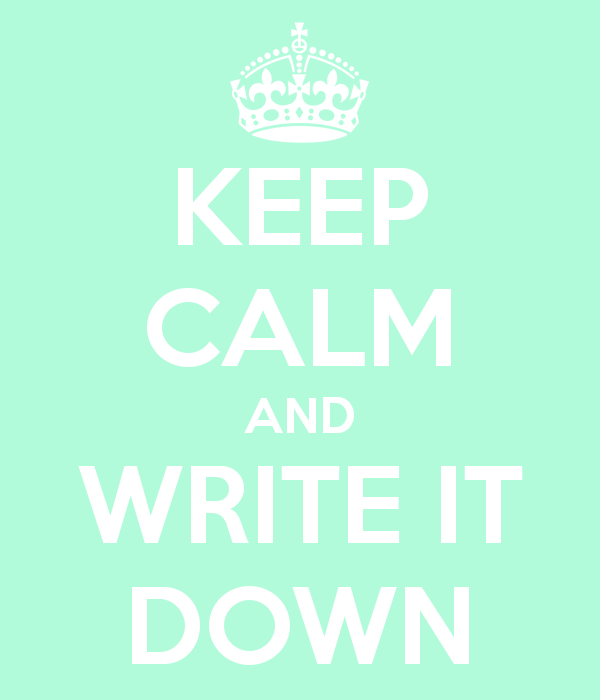
I’m facilitating a peer exchange for the Knight Foundation for a group of grantees that are hosting a Giving Days over the next year using its recently published Giving Day Playbook. The idea is not only for participants to acquire the skills and knowledge to host a successful giving day, but for them share and transform practices together. This is a design aspect called “Transformative Capacity Building,” where a cohort of peer organizations come together to practice a skill and get better results.
The skill, of course, is hosting a Giving Day and we are now looking at processes, techniques, and ideas for follow up and assessment. The guide has a lot of highly useful advice, examples, resources, and templates – mostly about collecting data from surveys and learning from metrics. It also includes an excellent set of terrific questions to discover impact, but there are many different methods for this type of reflective learning after completing an event, communications strategy, or program.
One of the most valuable is to incorporate a process evaluation, capturing what actually happened as the event or program unfolded. You can always learn from documenting as an event unfolds and having a formal reflection or debrief post program or event. I know this sounds like extra work, but keeping a journal can help you remember exactly what worked really well or what you’d like to tweak or improve the next round. I was chatting with Dana Nelson from GiveMN, one of the longest running giving days who tell me she and her team are always “writing it down as they go.” Dirk Slater, another colleague who does nonprofit technology capacity building, once shared with me that he and his team keep journals during programs they’re managing and that writing down what could improve takes some of the stress out of it as well.
Capturing insights like this as the event unfolds is a good technique because if you wait until the event is over, there is a chance you won’t remember everything in vivid detail. It isn’t just about writing it down, it is also reviewing what your captured with your team in an “After Action Review.” Here’s a methodology for doing an After Action Review, but it boils down to:
- Capture the lesson learned (big or small)
- Put it on a social site so all members of your team can add and access (a google document works great for this)
- Ask team members to reflect on their lessons learned
- Review it together in a meeting and summarize into a series of “do, improve (say how), don’t do)
Another creative way of doing the debrief, is to use organizational storytelling. Storytelling or rather story sharing isn’t just for presentations, it can help build your nonprofit’s capacity. Have each member of the team share a story. Moments in which best practices, know-how, and insights are exchanged, streamlined stories are high leverage strategies to make knowledge memorable. This can avoid repeating mistakes of the past. There is also an opportunity to weave in analysis of your data from surveys and incorporate storytelling with your data.
My colleague, blogger Michele Martin has this well-researched deck with many more examples of methods for doing a process evaluation and reflective practice. All of these work well with small groups and inside of organizations. What I am curious about is how you would design and facilitate a reflective process to capture learning from a connected learning network such as what is unfolding with GivingTuesday. In other words, how to scale reflective practice in age of connectedness?
[slideshare id=10535212&doc=tafereflectivepractice-111209121726-phpapp02]
How does your organization learn to improve its campaigns, strategies, programs, and events? How do you go beyond just doing a survey or collecting metrics? Does your organization incorporate a process for capturing informal learning that help improve what you’re doing? Does your organization encourage staff to use reflective practice? Share your examples in the comments below.
